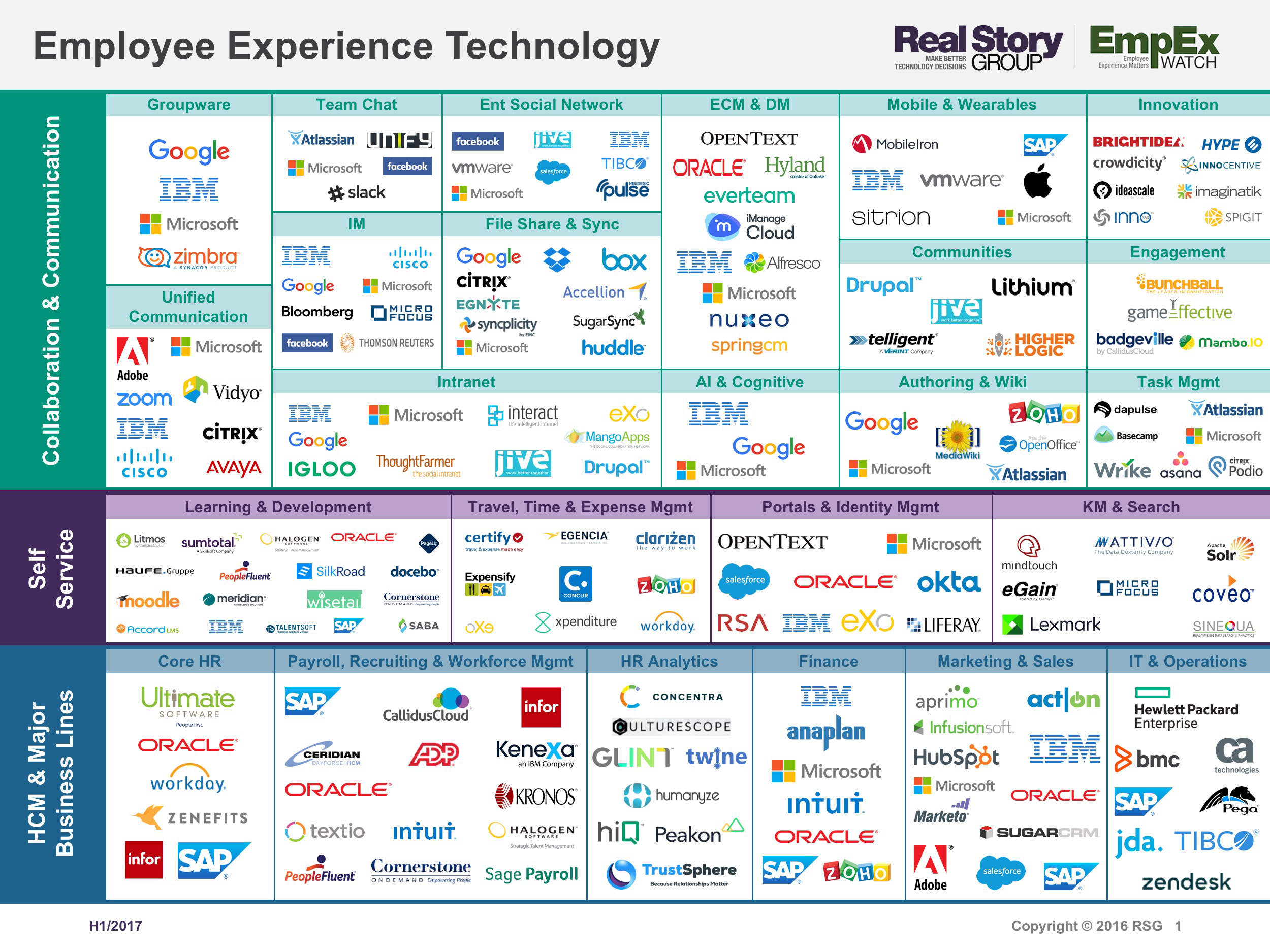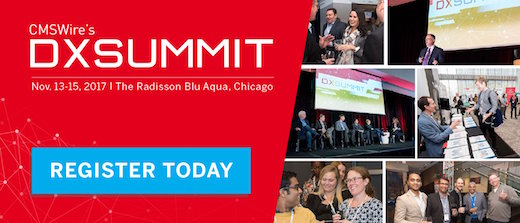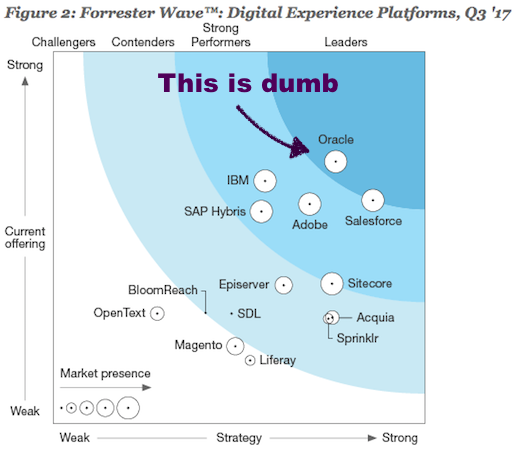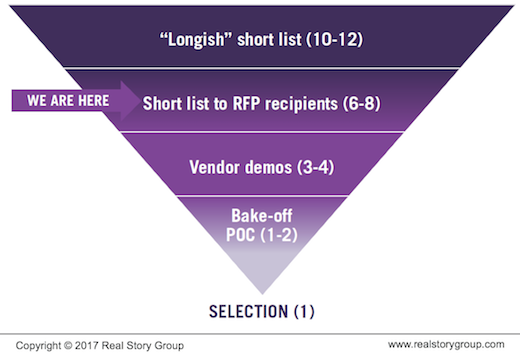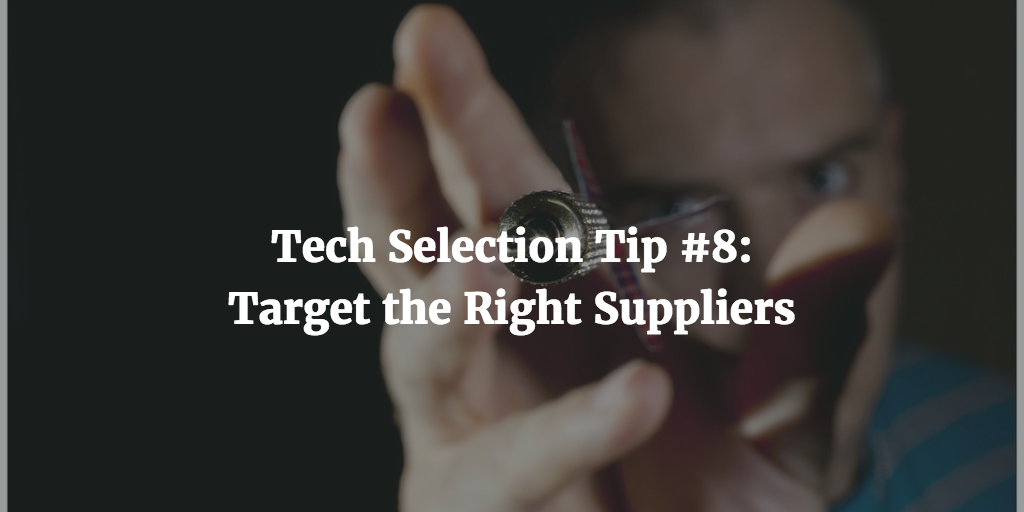Oracle and SharePoint
Among the various categories of content technologies that we evaluate, Oracle has been very quiet over the past year. For the past two years, actually, Oracle has urged customers and partners to look forward to the "11g" series of upgrades across its various application sets. In certain cases, various 11g-labelled capabilities have been slipstreamed into existing versions, especially on the ECM and WCM side. But overall, the major 11g-branded upgrades have created enormous expectations among Oracle customers.
To me, the expectations grow all that higher inasmuch as Oracle today doesn't seem to have an explicit answer to the foamy wave that is SharePoint. Other major vendors have since clarified their responses. They all have their weaknesses, but at least they're pretty clear:
- EMC - provide a long train of storage and archiving services behind SharePoint, with a lucrative consulting caboose
- Google - try to compete directly for small-business customers
- IBM - reinvigorate the Lotus brand, while maintaining decent Office/Outlook integration
- Open Text - provide specialized applications that mingle their own services with SharePoint's
And Oracle? You can understand why they don't want to partner with Microsoft here. They know that anything they developed to work with SharePoint would just get "redeveloped" by Redmond in three years' time anyway. At first blush, Oracle's strategy resembles IBM's: compete for high-end document management scenarios; market a potpourri of portal-based applications; and roll out a separate groupware-oriented collaboration service ("Beehive"). Unlike IBM, Oracle doesn't seem to have built any momentum around the kind of lighterweight collaboration and networking services that many of your co-workers now want to use every day.
If you are a customer who has kept SharePoint at arm's length -- and there are many more of these around the world than Redmond would have you believe -- you will still want to watch Oracle closely. Oracle has historically favored centralized management of information services. This is not a sexy approach in an age that emphasizes "emergent" software, but some enterprises want and simply need more centralized control, or at least more managed provisioning of collaborative applications. It's just that the software still has to deliver. And deliver at a time when enterprise expectations around native usability, ease of deployment, and breadth of ecosystem have lept forward dramatically.
Will Oracle deliver on those requirements? We'll be following closely, and sharing what we find with our research customers.




